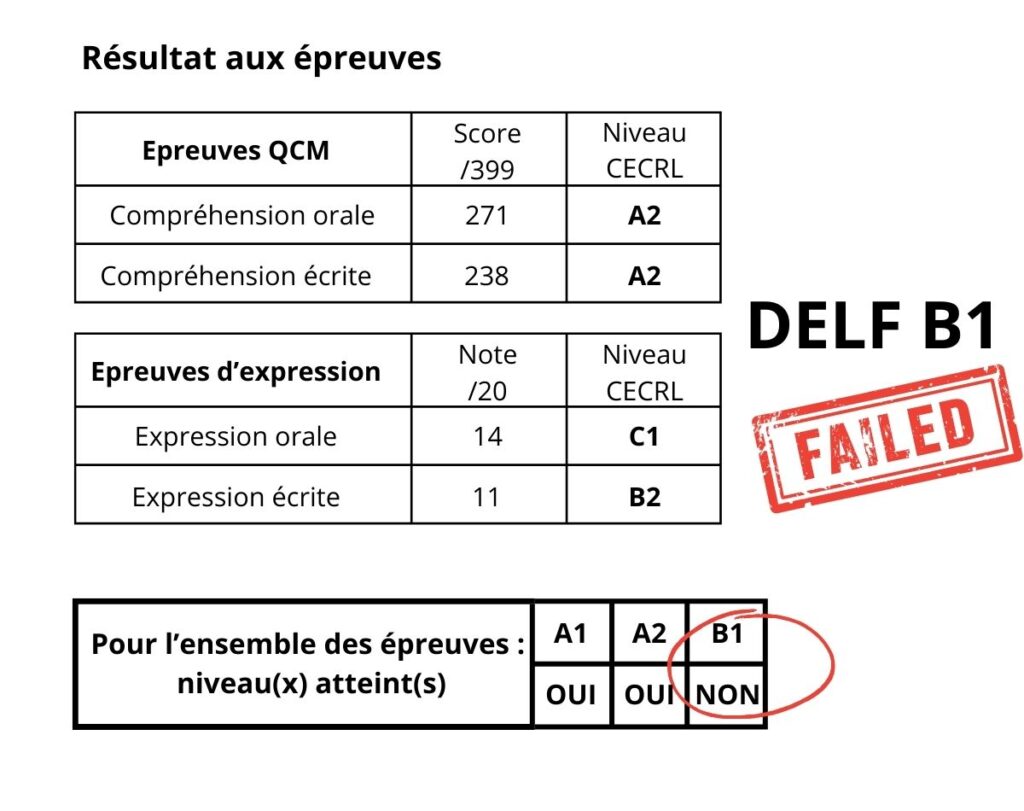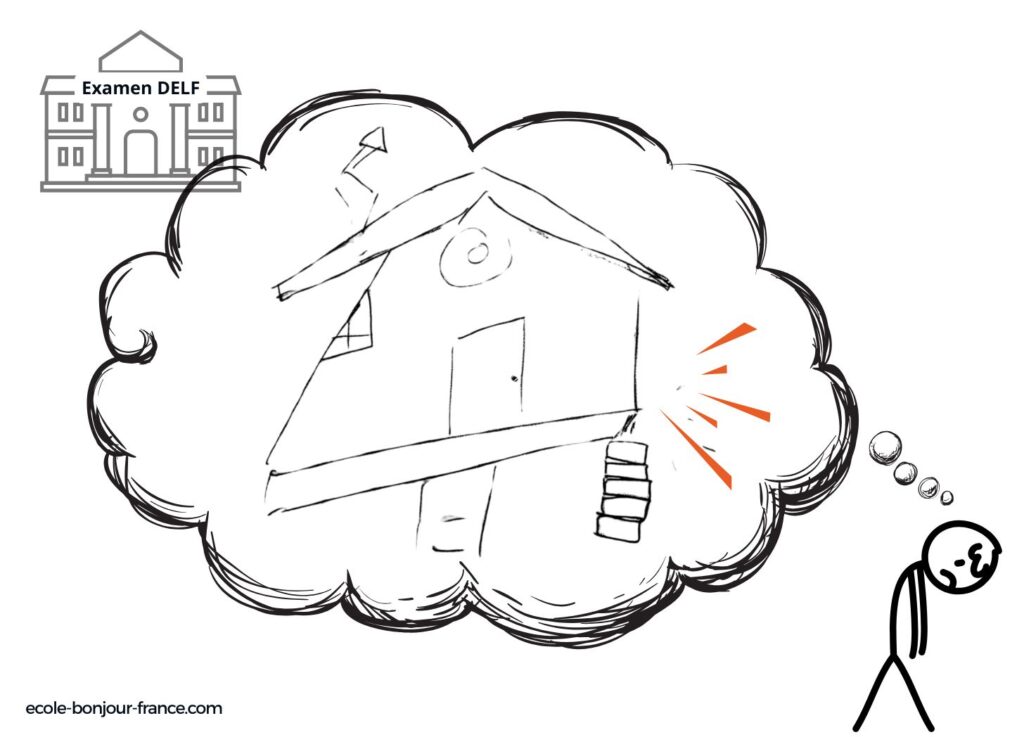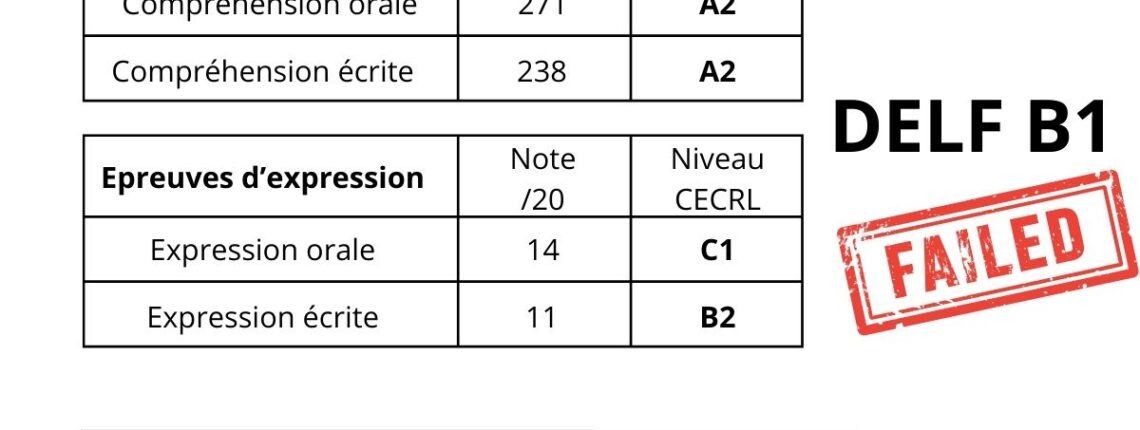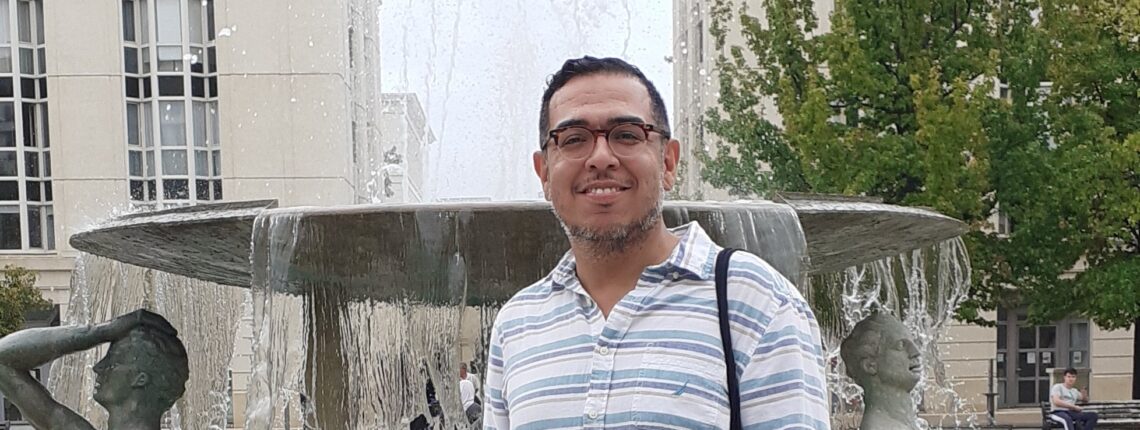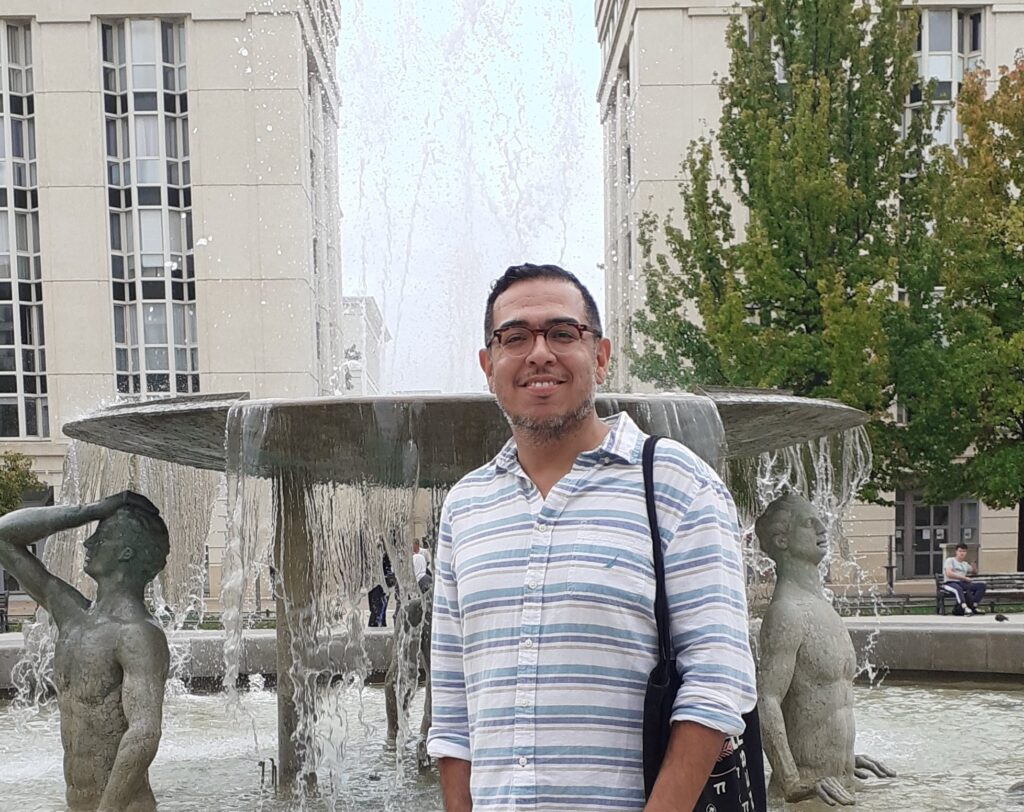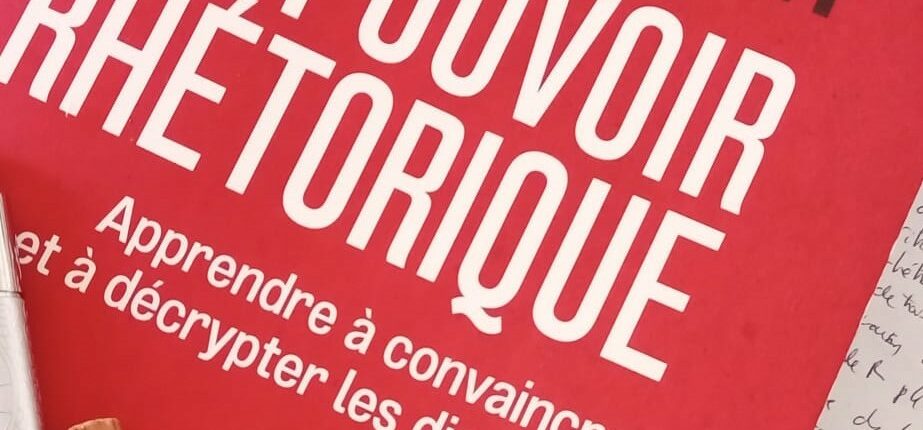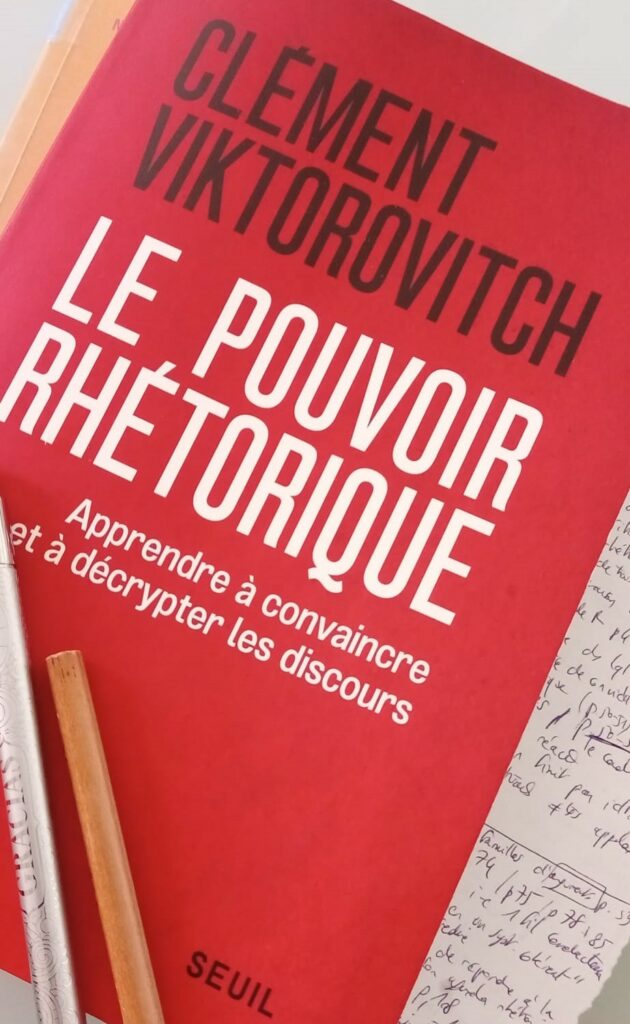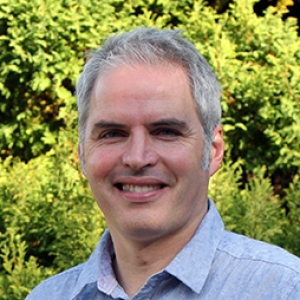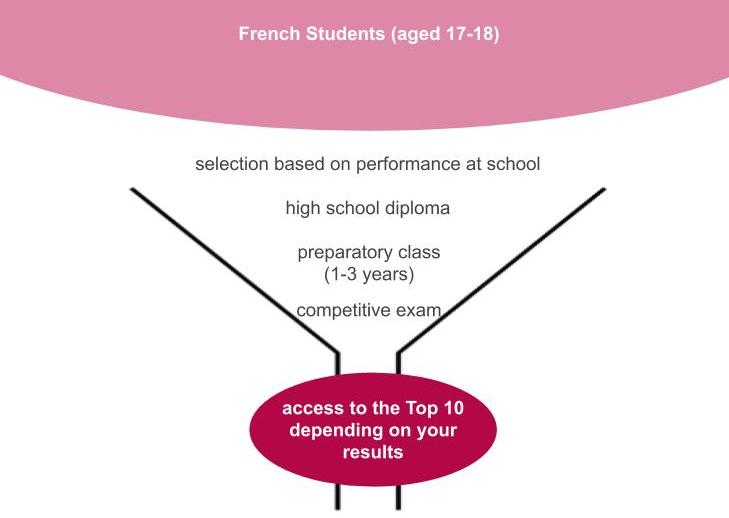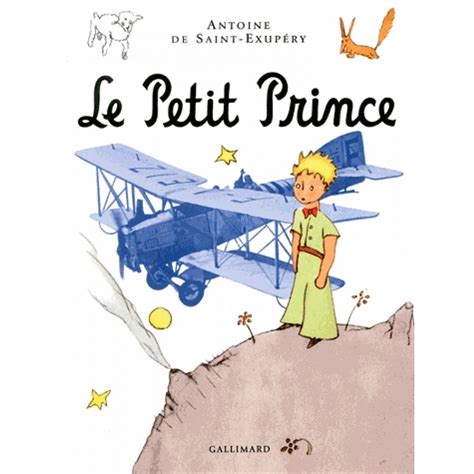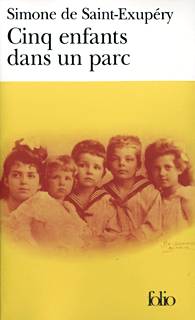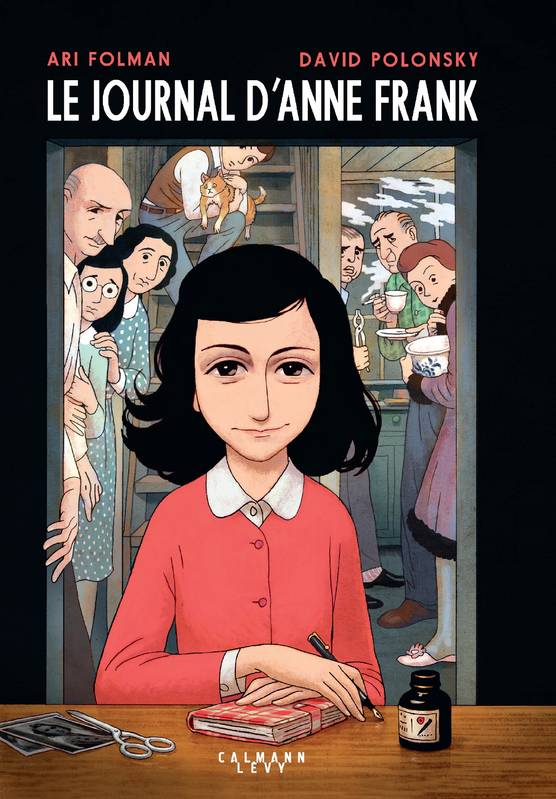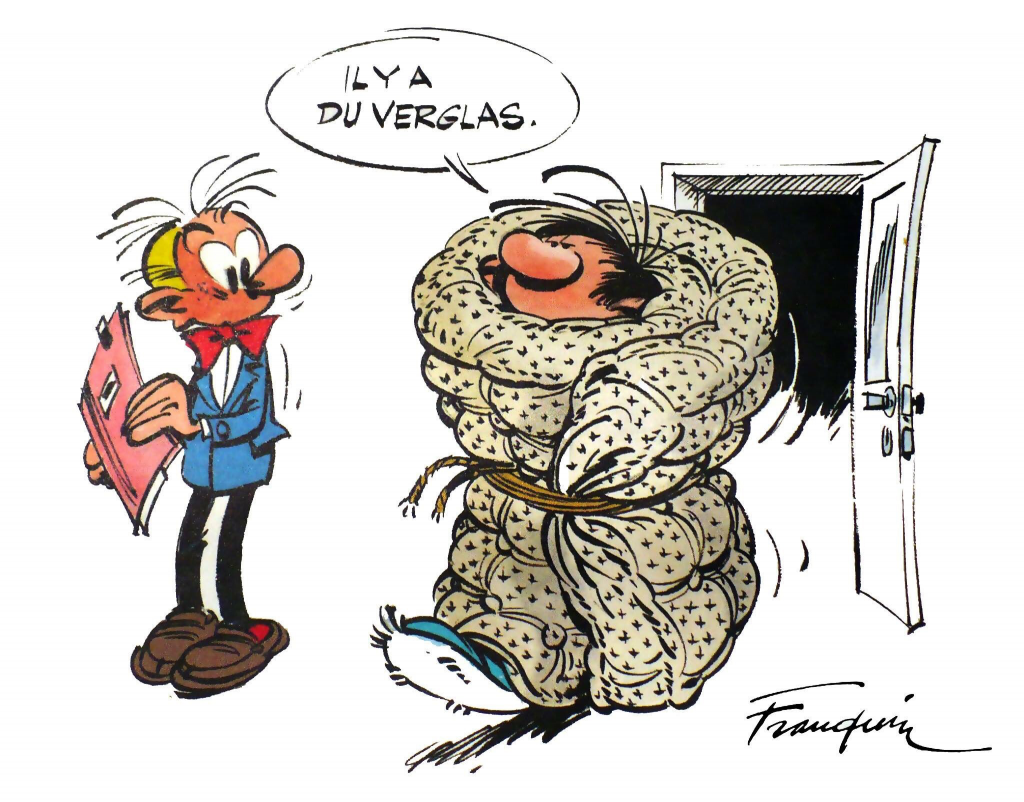 Are you interested in cheap places to eat or other good tips to enjoy your stay in Dijon?
Are you interested in cheap places to eat or other good tips to enjoy your stay in Dijon?
Read below! 
Buy food 





Seasonal Fruits & Vegetables
Fruit & Veg Boxes
You can join a Local Produce and Organic Food Association (AMAPP): each week, they provide you a fruit & veg box. Take it as an opportunity to make progress in french conversation! For example, you have Les Paniers d’Honoré providing fruits, vegs, honey, eggs, cheese, etc. Most of the time, it costs 10-15 euros to join and then you can choose one of the boxes available (from around 10 to 20 euros). Once a week or twice a month, you go pick your box at lunchtime or early evening. / Follow Les Paniers d’Honoré on Facebook
Agriself (Fruits & Veg Self-service)
Tomatoes, beans, strawberries, apples, potatoes, lettuce and so on: you can choose what you prefer and help yourself as you want at Agriself, 13km from Dijon! It is local, high-quality and cheaper when you pick up yourself.
Mond.-Sat.: 9:00am to 12:00am – 2:00pm to 6:30pm / tel: 03 80 39 80 35
rue de la Garenne 21110 Bretenière / Google map / Take bus L6 to Longvic, stop at “Longvic Mairie” then bus B21 Bretenière, stop at “La Garande”. 350m left to walk: continue on rue Principale, then turn left and turn right on rue de la Garenne.
Farm in Chevigny-Saint-Sauveur
Same as Agriself here! From May to November, you can pick up what you like at the Ferme du Château or of course, buy directly from the store.
Wed. & Sat.: 9:00am to 12:00am – 5:00pm-7:00pm (only Wed.) / tel: 06 95 11 88 83
4 rue du Château 21800 Chevigny-Saint-Sauveur / Google map / Take bus L7 to Chevigny-Saint-Sauveur, stop at “Chevigny mairie”. 300m left to walk: continue on rue de l’Église, then avenue de la République and turn right on rue du Château.
Fun Event: Disco Soupe
Let’s gather unsaleable, but still fit to eat, vegs and fruits from grocers and supermakets! Regularly, one day is dedicated to food wastage. Anyone can join – it is free – to cook and enjoy soups and even smoothies sometimes.
Information about Disco Smoothies and Disco Soupe are on Jondi.fr / Read this article in french about a Disco Smoothies and Disco Soupe in 2016!
Last event on Saturday, 13 Oct., 10:00am to 6:00pm / place François Rude
Free fruits, really?
Pay attention late summer and early fall! When you take a walk around*, you may see hazel trees and walnut trees waiting for you to bend down and pick (they are just in the streets, they belong to no one).
*e.g.: Longvic, especially in Parc de la Colombière neighborhood
Fruits & Vegs Markets
Marché des Grésilles
Thursday and Saturday – 8:30am to 1:00pm / Place Galilée / Take bus L3 to Epirey Capnord, stop at “Ste-Bernadette”. 200m left to walk: continue, then turn on right and on left on avenue des Grésilles
Marché de Chenôve
Wednesday 8:00 to 12:30 – Sunday 8:30am to 1:15pm / Boulevard Henri Bazin / Take tram 2 Chenôve centre, stop at “Carraz”. 550m left to walk: continue on avenue Jean Jaurès, then avenue Roland Carraz. Turn right on rue Alexandre Dumas and again right on boulevard Henri Camp. Turn left on boulevard Henri Bazin and continue until you find the market.
Every Day Life 
Cheapest food stores*
Netto, boulevard Chanoine Kir / Google map / Take bus L3 Fontaine d’Ouche and stop at “Chanoine Kir”
Aldi, 2 avenue Raymond Poincaré / Google map / Take tram 1 Quetigny and stop at “Poincaré”
Lidl, 1 boulevard des Valendons (Chenôve) / Google map / Take tram 2 Chenôve centre and stop at “Valendons”
Mes bonnes courses, 20 allée Dr Lépine (Marsannay-la-Côte) / Google map / Take bus L4 Marsannay Acti-sud and stop at terminus. 200m left to walk: continue, turn on left and turn on right. Follow them on Facebook: they post pictures as soon as they receive stocks!
*Good to know : water brands like Perrier or renown cheeses are less expensive there
Organic stores 
La Vie Saine, 29 rue Musette / Google map
Au Gramme près, 56 avenue du Drapeau / Google map / Take tram 2 Valmy and stop at “Drapeau”. 300m left to walk on avenue du Drapeau
Hardware stores and anti-waste tips
You have to go to Emmaüs if you are looking for a bike, kitchen utensils, clothes, furniture, books and so much other useful items! Everything is second-hand but still in (very) good quality and you won’t believe how much it is cheap until you see it.
3 rue Paul Langevin (Chenôve) / Google map / Take tram 2 Chenôve centre and stop at terminus. Take bus F42 Chenôve Centre commercial and stop at “Palissy”. 600m left to walk: continue on rue de Longvic and then on right rue Paul Langevin
Same as Emmaüs but smaller, La Recyclade is a new place where you can find lots of second-hand cheap items.
11 rue du Nuits-Saint-George / Google map / Take bus L4 Marsannay Acti-sud and stop at “Richet”. 300m left to walk: continue on rue de Pommard, turn on right at rond-point des Cheminots résistants and again on right to rue du Morey-Saint-Denis, turn on left on place des Résistants and continue on rue du Nuits-Saint-Georges
Do you have a problem with your computer or any other device? Check Kelle Fabrik‘s regular events to make it repair and guess what? Y-o-u decide the price! Follow them on Facebook
Administrative procedures
If you need legal advice, go to Maison de la Justice, a place where local lawyers and bailiffs are regularly on call! Everyone can contact them, explain their problem and make an appointment: it is free. Read this article in french to know more (2012)
Mond.-Fri.: 9:00am to 12:00am – 1:00pm to 5:00pm / tel: 03 80 51 78 30 / email: mjd.tgi-dijon@justice.fr
8 rue des Clématites (Chenôve) / Google map / Take tram 2 Chenôve centre and stop at “Le Mail”. 120m left to walk: continue to rue des Clématites
La Maison de l’Avocat also provides free or for a lower price advice. Feel free to call them from Monday to Thursday, starting 10:00am, for on appointment to be set on Friday / tel: 03 80 70 40 70
6 rue Philibert Papillon / Google map / Take tram 1 Quetigny centre and stop at “République”. 250m left to walk: go on boulevard Clémenceau, turn left on rue Gabriel Peignot, then turn right on rue Parmentier and continue on rue Philibert Papillon
Good places to eat 
Restaurant d’application du lycée St-Bénigne
Is tasting french cuisine for a low price one of your dreams? It is possible at the local hotel school, Lycée St-Bénigne. Check their website, choose your day and menu and contact them to book: it is only 17€! Follow them on Facebook
tel: 03 80 58 33 08 / email: hotellerie@groupe-sb.org
99 rue de Talant / Google map / Take bus L5 Talant Dullin and stop at “St-Mesmin”. 300m left to walk: continue on avenue Victor Hugo, turn right and continue on rue de Talant
Le Shanti
If you like vegetarian food and delicious fruits cocktails, this place is for you! You will appreciate the indian cosy design and various activities if you are interested: yoga, cafe philo, etc.
69 rue Berbisey / Google map / Take tram 2 Chenôve Centre and stop at “Monge”. 350m left to walk: continue on rue Monge, turn right on rue de la Manutention and then left on rue Berbisey
Shawarma Sami
In the same street and if you are fond of lebanese/syrian cuisine, you have Shawarma Sami with a 5€ kebab sandwich menu — including delicious homemade fries! — but also typical dishes such as falafel, kebbe, samboussas or hoummous.
68 rue Berbisey / Google map / Take free Bus City to Tivoli and stop at “Crébillon”. 20m left to walk.
This restaurant has also an address in Chenôve:
7/9 impasse Jean Perrin (Chenôve) / Google map / Take tram 2 Chenôve Centre and stop at terminus. Take bus F42 Chenôve Centre commercial and stop at “Charton”. 250m left to walk: continue on rue de Longvic then on the rond-Point de la Solidarité, turn right on rue de Longvic and continue to impasse Jean Perrin.
Too Good to Go (app)
Download the app and look for places around you to enjoy discounts in bakeries, food stores and restaurants. Not only will you save money but you will also act against waste since you will take what is left from the day or what is close to best-before date: bread, viennoiseries, fruits, vegetables, meat, cheese, yogurts, etc. Bon appétit !
Other tips you should know 
Where can I find free french books and movies?
Pay attention when you walk on the street: you will see many little books boxes (22!) where everyone can leave and take one or several books. You can help yourself and even keep it/them if you want!
If you are just interested in borrowing books and/or movies (old or not!), go subscribe to local libraries (bibliothèques municipales), it is very cheap and even free if you live in Dijon. See map below:
Where can I buy local branded mustard?
If you are looking for local branded mustard – Reine de Dijon or Fallot for example –, don’t buy it in the city center shops, it is too expensive! And same goes for local ginger bread Mulot & Petitjean or any typical product. You can find them in specific areas in bigger stores like Intermarché. 11 boulevard de l’université / Google map / Take bus L5 Université and stop at “Prison”
When is a good time to buy fine chocolates?
Buy them just after Easter or Xmas: they slash prices to get rid of stocks! 
What does “liquidation totale” mean?
When you see this on a store – in big size in general –, it means that they slash prices on everything because they have to get rid of stocks (store renovation, etc.).
You liked this article? Feel free to comment below and share 
